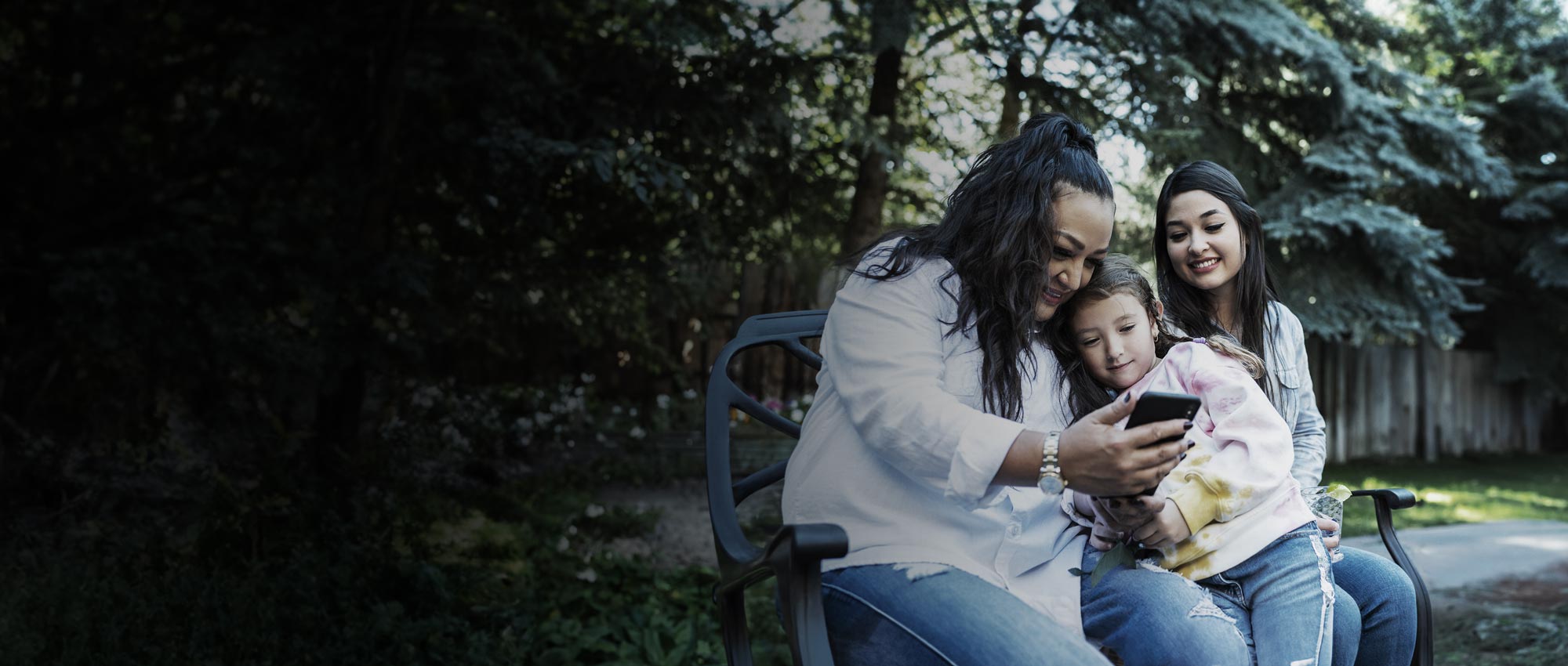Go paper-free
Amend paper-free preferences for your statements and correspondence.
We believe that financial services can – and should – be inclusive. We want to connect customers and communities to opportunities. Using research, insights, and partnerships, we aim to shape a digital future for everyone.

The Consumer Digital Index is the UK’s largest study of digital and financial lives. First published in 2016, the report uses transactional and survey data. We have completed varied research with over 35,000 people so far.
Lloyds has had the privilege of working with cross-sector organisations to establish the Essential Digital Skills framework. This is a measure of the essential tasks needed to access the online world – in life and work. For example, how to:
Since 2019, for the Essential Digital Skills framework research, around 25,000 people have been interviewed over the phone or face-to-face.
At Lloyds, we are proud to offer free, multi-channel support to help people build their digital and financial skills. The Digital Helpline and the Lloyds Bank Academy aim to help people get more out of life and work – from the basics and beyond.
We help people and businesses across the UK through:
We aim to help people:
Explore more on the Lloyds Bank Academy website. This is open to all, and our video tells our story.
We offer free, 1-2-1 digital skills training by phone or video call. These sessions are tailor-made to a person’s needs. This can start with the basics of how to use a device, through to how to access online services and Internet Banking.
Explore more on the free digital skills training page.
Consumer Digital Index and Essential Digital Skills 2023 (PDF, 3.2MB)
UK Essential Digital Skills for Work 2022 (PDF, 4.4MB)
Consumer Digital Index 2022 (PDF, 5.5MB)
Consumer Digital Index 2021 (PDF, 3.5MB)
Essential Digital Skills 2021 (PDF, 4.6MB)
Consumer Digital Index and Essential Digital Skills 2020 (PDF, 4MB)
Consumer Digital Index and Essential Digital Skills 2019 (PDF, 3.3MB)
UK Consumer Digital Index 2018 (PDF, 3.2MB)
UK Consumer Digital Index Appendix 2018 (PDF, 420KB)
Digital Access for all 2018 (PDF, 623KB)
UK Consumer Digital Index 2017 (PDF, 2.9MB)
Links to key research reports and strategy papers regarding digital and financial capability.
Digital Skills Roadmap - FutureDotNow
House of Lords - Digital exclusion - Communications and Digital Committee
Minimum Digital Living Standards
Links to technical notes for our Essential Digital Skills reports.
Ipsos UK Essential Digital Skills 2024 Technical Notes (PDF, 230KB)
Ipsos UK Essential Digital Skills 2023 Technical Notes (PDF, 2.8MB)
Ipsos UK Essential Digital Skills for Work 2022/2023 Technical Notes (PDF, 800KB)
Ipsos UK Essential Digital Skills 2022 Technical Notes (PDF, 2.7MB)
Ipsos MORI Essential Digital Skills 2021 Technical Notes (PDF, 400KB)
Ipsos MORI Essential Digital Skills 2020 Technical Notes (PDF, 270KB)